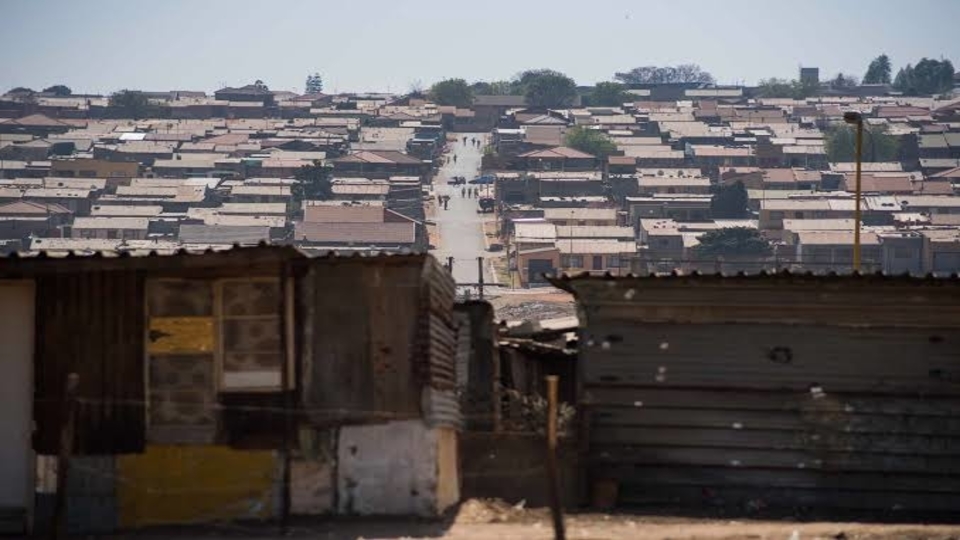On November 20, the South African police arrested Melita Ngcobo, the chairperson of the shack dwellers movement, Abahlali baseMjondolo’s Vusimuzi branch, in the Tembisa township. Ngcobo had to be taken to the Tembisa hospital while in police custody, due to the injuries she sustained from the police assault she was being arrested.
Abahlali has said in a statement that Ngcobo was arrested when she intervened against the illegal demolition of shacks in the area, against which an interdiction had been granted by the Gauteng High Court. “They claim that ‘she has a big mouth’ when she shows a court order to police,” the statement said.
The city of Ekhuruleni had planned the re-blocking of the affected settlement of shack dwellers last year, for which the administration began demolitions in January. Advocates of the plan argue that it will allow for the existing informal, mostly self-built settlements to be re-organized with standard-sized houses, and facilitate roads required for vehicular access and emergency services.
New Frame reported that re-blocking has the strong support of the “Slum Dwellers International (SDI), a non-governmental organization that has enjoyed enthusiastic support from the South African government and the World Bank.”
However, the experience of the grassroots organizations involved in organizing the shack dwellers – to build houses for the urban poor using only the materials and muscle they can muster among themselves, without any assistance from government or international organizations – has been different.
“There was no consultation at all before this disastrous development started. We do not know how much budget was allocated and for what,” Abahlali said, claiming that “it is clear that there is corruption in this.”
“The families with big yards are attacked and forced to make space for other families in their yards. The belongings of people, including furniture, clothes and food, have been thrown away. Some people’s homes have been fully or partly demolished. Some have been forced on to river banks where it is not safe. Some have been forced to rebuild over old pit toilets, and some people are sick. People’s self-built toilets and other infrastructure have been destroyed,” its statement added.
Abahlali had approached the Gauteng High Court to seek an interdiction against the demolitions. However, it was only on September 9, several months after the hearing began that the court ordered the city administration to stop the demolitions. The interdiction was to be effective after a plan to raze down structures built by six families in Mangosuthu and eSitineni was concluded.
The court also directed the lawyers representing the city and those with Abahlali to meet and agree on a roadmap, before the next phase of re-blocking could be taken up. Further, the court mandated consultations with the affected shack dweller families who would lose their residence in the demolitions. They must be immediately provided with the materials necessary to rebuild their homes.
Nevertheless, Abahlali alleges, “in a brazen violation of the court order,” four more houses were demolished yesterday, on November 20. Ngcobo’s intervention to stop this illegal activity led to her arrest. The organization has also claimed that houses built by Abahlali were specifically targeted, and said that it is a “political attack carried out in the name of ‘development’.”
As per Abahlali, “There is no democracy for the poor in this country. We continue to be treated as if we are beneath the law, and the [ruling] ANC continues to conduct itself as if it is above the law.”





